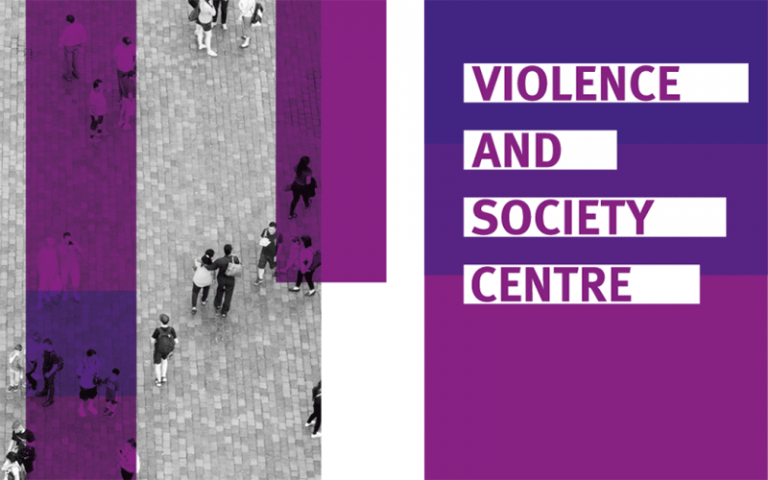Dr Leonie Tanczer partners on research consortium to reduce harms caused by violence
29 July 2021
Dr Leonie Tanczer joins a £7 million consortium that will provide world-leading data on violence, and identify effective and cost-effective interventions to reduce violence in the population.

The five-year project, Violence, Health and Society, brings together a consortium of public bodies, universities and third sector organisations to reduce the harmful consequences of violence on health outcomes and inequalities.
The project, which is led by Professor Sylvia Walby OBE at City, University of London, has been funded by the UK Prevention Research Partnership (UKPRP) and will provide world-leading data on violence in order to improve the effectiveness of interventions to reduce violence. Dr Leonie Tanczer, Lecturer in International Security and Emerging Technologies in UCL STEaPP, is a co-investigator on the project along with colleagues from Lancaster University, King’s College London, University of Bristol, University of Warwick and Public Health Wales.
The consortium will work with providers of data in public services, such as police, justice, and health professionals, and third sector organisations, including the Crime Survey for England & Wales, Adult Psychiatric Morbidity Survey, and the UK Household Longitudinal Study. Through the collation of current data from these services and from surveys, the project will develop a new integrated dataset that allows researchers to investigate the effectiveness of violence interventions.
Violence, Health and Society has a special focus on domestic and sexual violence as these are significant causes of inequalities in mental health and have been neglected in the scientific and statistical evidence base in the study of violence.
Overall, non-communicable disease accounts for an estimated 89% of all deaths in the UK and make up the majority of illnesses within the population. The COVID-19 pandemic has highlighted the existing health inequalities in the UK with those with poorer health left more vulnerable to the disease. Tackling the causes behind poor physical and mental health, of which exposure to violence is a risk factor, will help to reduce health inequalities and improve health outcomes.
This project is supported by the UK Prevention Research Partnership, which is funded by the British Heart Foundation, Chief Scientist Office of the Scottish Government Health and Social Care Directorates, Engineering and Physical Sciences Research Council, Economic and Social Research Council, Health and Social Care Research and Development Division (Welsh Government), Medical Research Council, National Institute for Health Research, Natural Environment Research Council, Public Health Agency (Northern Ireland), The Health Foundation and The Wellcome Trust.
 Close
Close

